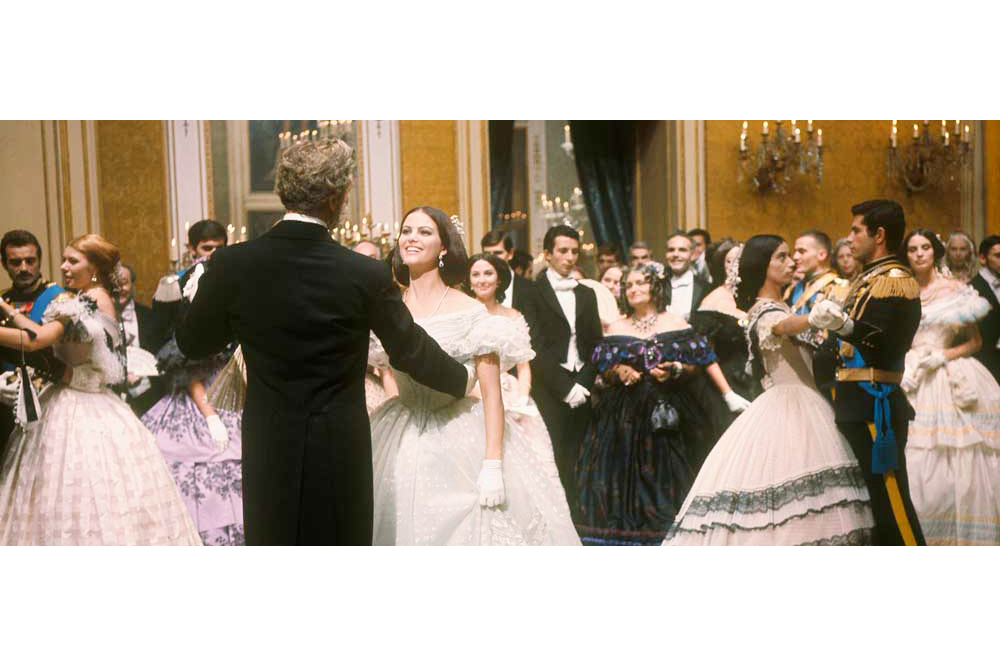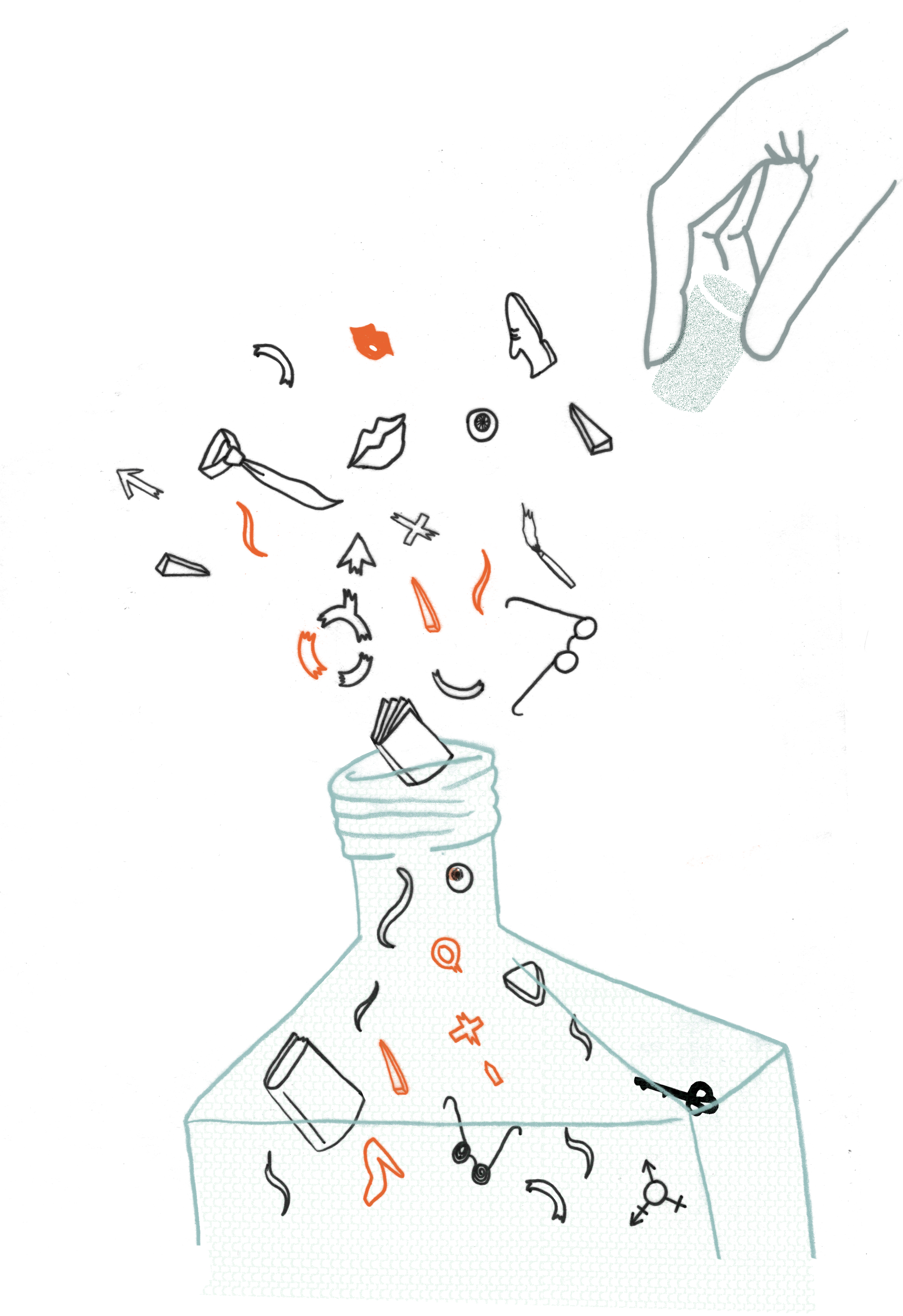During the weekend of April 10, 5th Avenue Cinema will feature Visconti’s 1963 epic, Il Gattopardo, or The Leopard.
The film is based on Giuseppe Tomasi di Lampedusa’s novel of the same name that chronicles the crumbling of the Italian upper class in 19th century Sicily and is considered one of the most important novels in Italian literature.
The cast includes the American Burt Lancaster, the French (and impossibly handsome) Alain Delon and the Italian Claudia Cardinale at the height of her cinematic beauty.
The film was given a 100 percent rating by the infamous Rotten Tomatoes and the late Roger Ebert commented that it “was written by the only man who could have written it, directed by the only man who could have directed it and stars the only man who could have played its title character.”
Prince Don Fabrizio (Lancaster) of Salina learns that Giuseppe Garibaldi, an important figure in the Italian unification, and his troops have hit Sicily. An obvious threat to the position of the Sicilian upper class, Fabrizio sees this as a precursor for his social demise.
Yet when his promising nephew Tancredi (Delon) joins Garibaldi’s army and becomes engaged to Angelica (Cardinale), the daughter of the newly appointed mayor, Fabrizio cannot deny what the social connections could do for his nephew.
If anything, the film is a visual stunner. Visconti pays great attention to detail, and the beauty and pride of the Italian backdrop is just as great a force as any of the cast members.
It is rumored that the team needed to cast a Hollywood star like Lancaster, despite the fact that he was not Italian, to gain more attention and justification for the large budget. While Lancaster was not the first popular choice for the role of Don Fabrizio, some regard it as one of the best performances in Lancaster’s career.
Lancaster said of the role, “It was my best work…I bought 11 copies of The Leopard because I thought it was a great novel. I gave it to everyone. But when I was asked to play in it, I said, no, that part’s for a real Italian. But, lo, the wheels of fortune turned.”
While Lancaster is dubbed-over in Italian, it is not in his speech but in the silence of his actions that he conveys his masterful talent.
Fabrizio quietly struggles to accept the loss of power his people will come to know, sacrificing his family’s prominence in society to uphold the tradition and continuance he grew up knowing and respecting.
The final sequence is a 45 minute ball, a celebration of the dying age. It ties together all of the themes of the movie seamlessly without even directly mentioning them in conversation. The viewer sympathizes with Fabrizio, a man who truly loves the way he lives his life, knowing that it must soon come to an end.
The Leopard is a film of both beauty and silent, accepting pain, of which Visconti conveys effortlessly.






